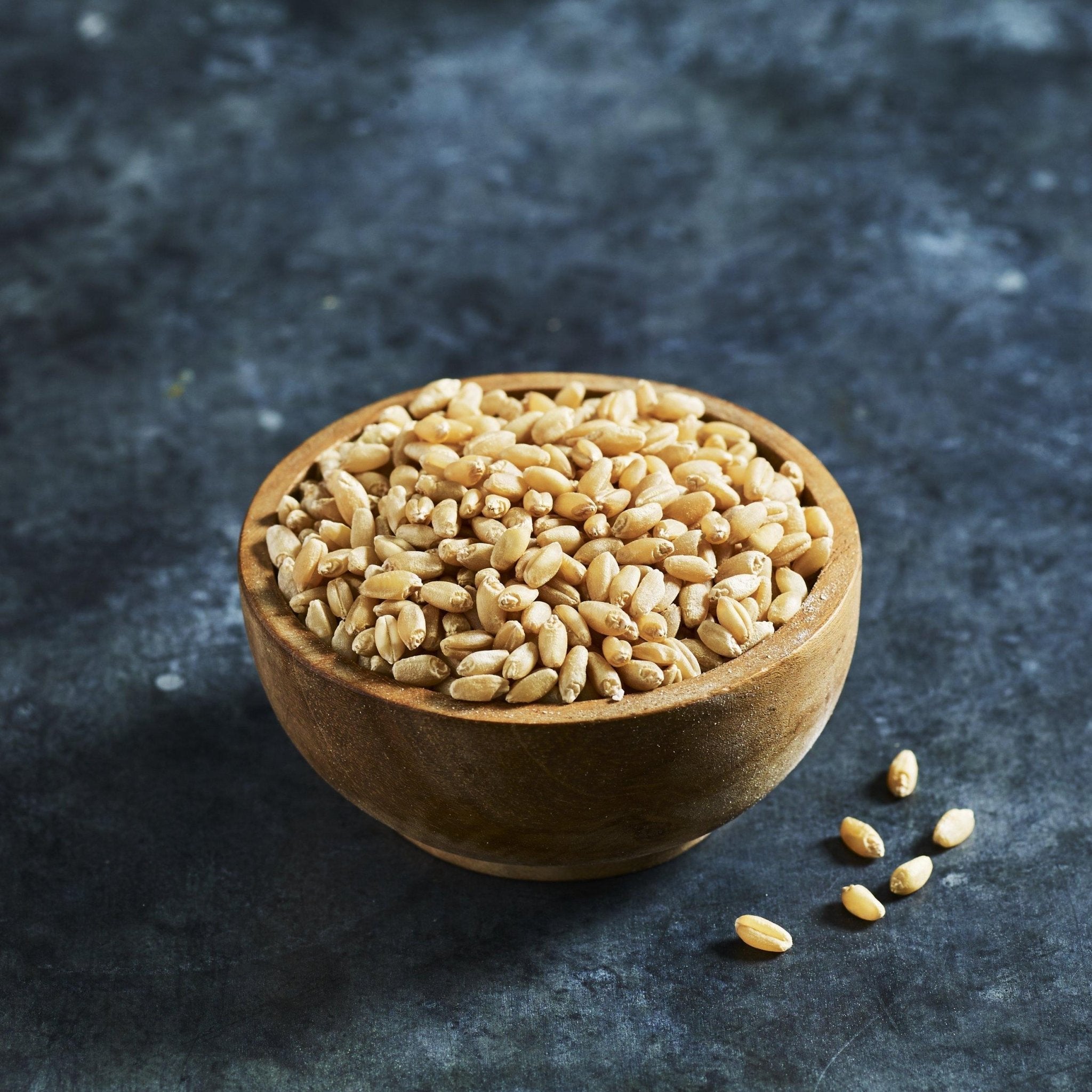Seeds don't expire, but their ability to sprout weakens over time. With proper storage, your seeds will remain viable for years, ensuring a high germination rate for every batch of fresh sprouts.
Key Storage Tips:
- ✅ Keep it Cool, Dry, and Dark: The best place to store seeds is in a location that's away from heat, light, and humidity.
- ✅ Use an Airtight Container: Jars or sealed bags are ideal. For extra protection against moisture, you can add a silica gel packet.
- ✅ Consider Refrigeration: For long-term storage, keeping seeds in the fridge or freezer is a great option. Just be sure to let them return to room temperature before you use them.
Sprouting Seed Viability Guide
Here's how long you can expect some of our most popular seeds to last when stored correctly:
- 1–2 Years: Mung beans, peas, lentils, and chickpeas.
- 3–4 Years: Alfalfa, radish, fenugreek, and mustard.
- 4–5 Years: Broccoli, wheatgrass, sunflower, buckwheat, and clover.
If you're unsure about older seeds, you can perform a simple germination test. Place a few seeds on a damp paper towel inside a sealed bag. Keep them moist and check the number of sprouts after 5–10 days to see if they are still viable.


